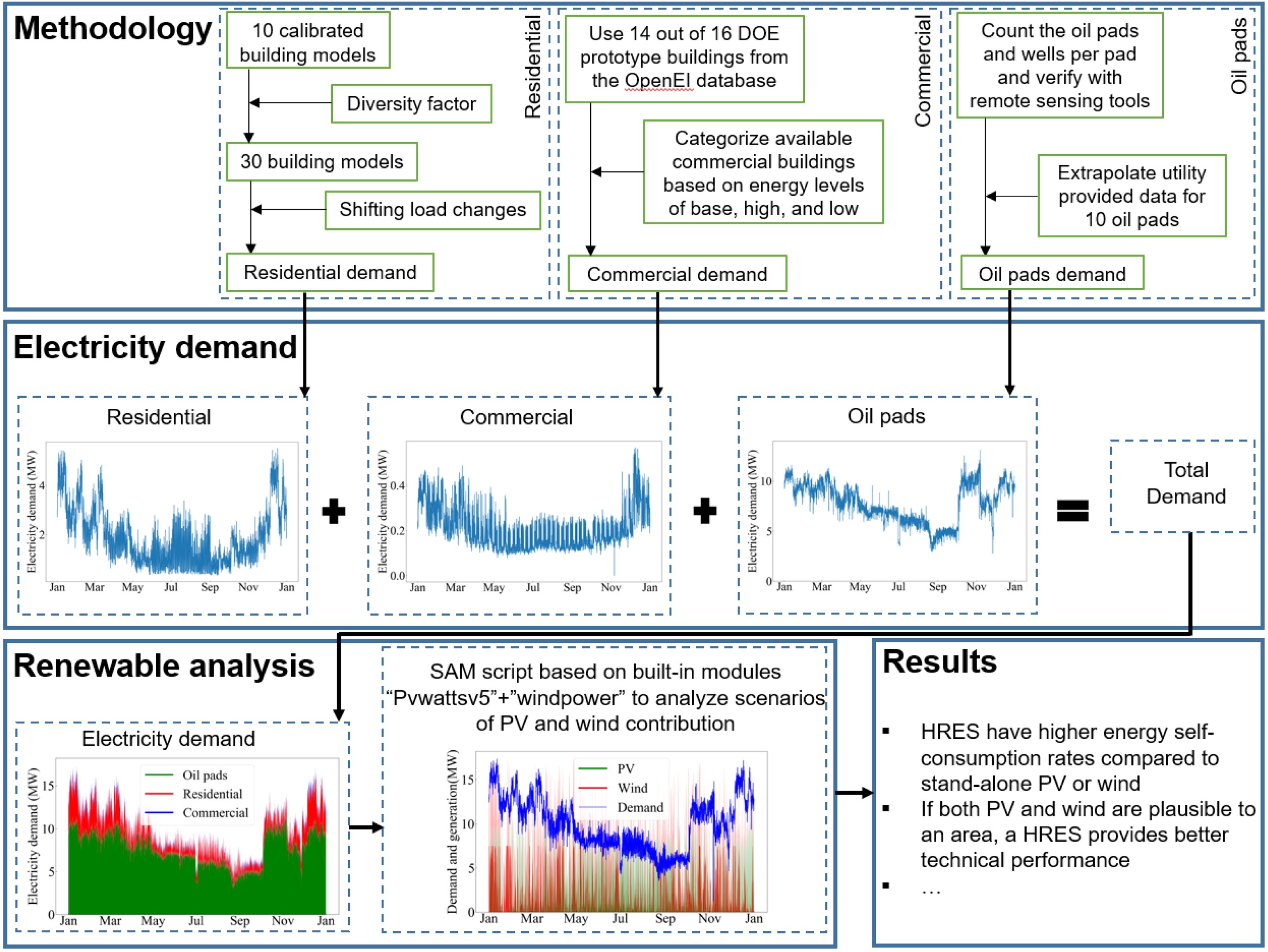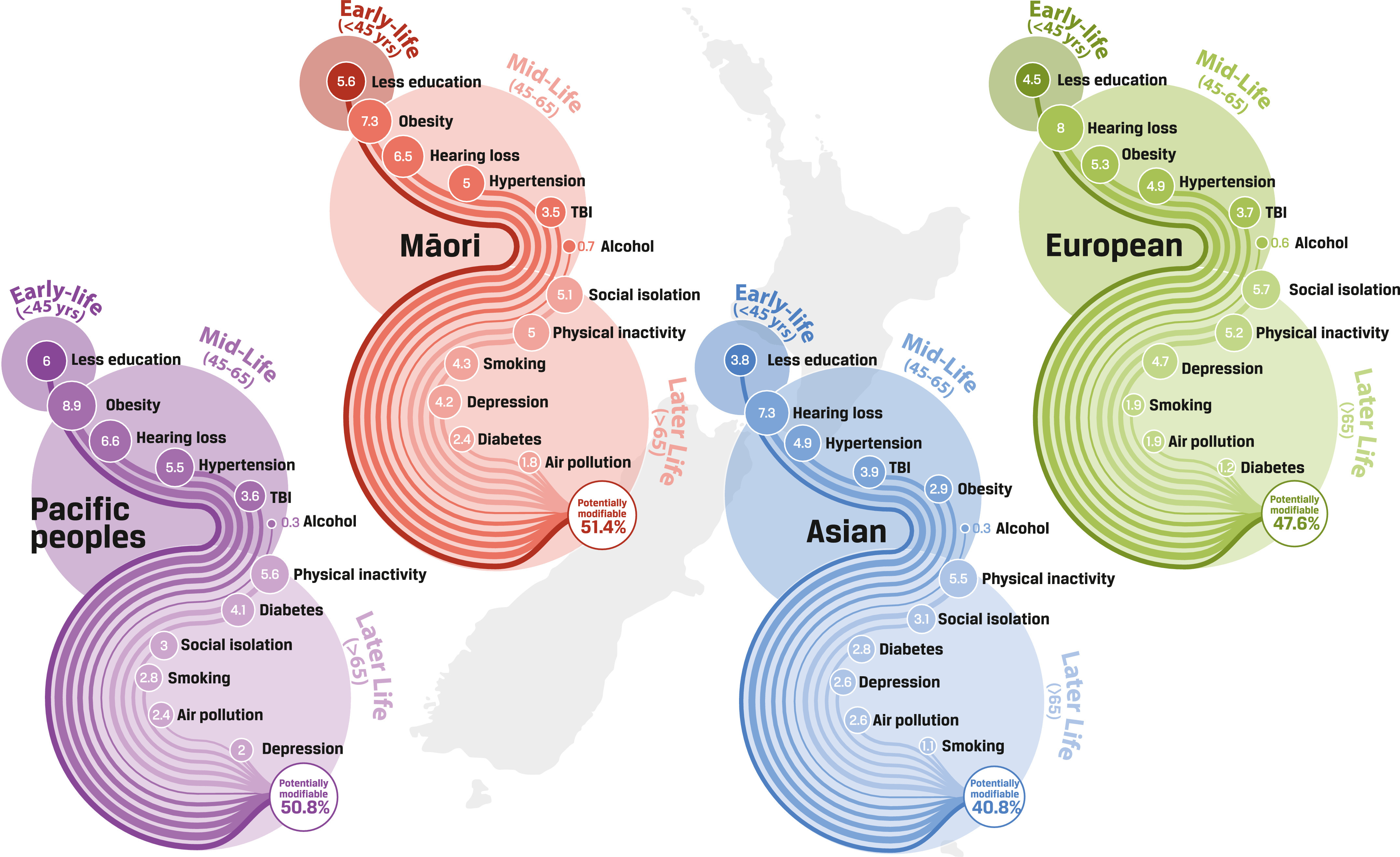Elsevier,
The Lancet Regional Health - Western Pacific, Volume 13, August 2021
A cohort study, in the context of SDG 3 and 10, showing that reduced lung function within the clinically normal range is associated with increased mortality and cardiovascular disease risk among First Nations Australians.
Elsevier, The Lancet Healthy Longevity, Volume 2, August 2021
Background: Gender differences in life expectancy and societal roles have implications for a country's capacity to support its older population. Specifically, the longevity risk associated with longer life expectancy of women, with greater risk of morbidity entails different needs between genders in older age.
Elsevier, The Lancet Global Health, Volume 9, August 2021
Background: The effects of the COVID-19 pandemic on mental health have been understudied among vulnerable populations, particularly in fragile and conflict-affected settings. We aimed to analyse how the pandemic is related to early changes in mental health and parenting stress among caregivers, many of whom are internally displaced persons (IDP), in a conflict-affected setting in Colombia. Methods: For this cohort study, we used longitudinal data from a psychosocial support programme in which 1376 caregivers were randomly assigned across four sequential cohorts.
Elsevier, The Lancet Digital Health, Volume 3, August 2021
Digital health, including the use of mobile health apps, telemedicine, and data analytics to improve health systems, has surged during the COVID-19 pandemic. The social and economic fallout from COVID-19 has further exacerbated gender inequities, through increased domestic violence against women, soaring unemployment rates in women, and increased unpaid familial care taken up by women—all factors that can worsen women's health. Digital health can bolster gender equity through increased access to health care, empowerment of one's own health data, and reduced burden of unpaid care work.
Elsevier, Research in Social Stratification and Mobility, Volume 74, August 2021
This study examines whether ethnic minorities in general and Asian minorities in particular have perceived an increase in discrimination during the COVID-19 pandemic, a phenomenon known as COVID-19–associated discrimination (CAD). Drawing on the CILS4COVID data, which were collected among 3,517 individuals in the initial phase of the pandemic (mainly between April and June 2020), we demonstrate that especially Asian minorities (n = 80) report instances of CAD.
Elsevier,
The Lancet Regional Health - Western Pacific, Volume 13, August 2021
This study supports SDG 3 and 10 by showing that the risk of dementia and the modifiable risk factors for dementia vary substantially among the different ethnic groups in New Zealand (European, Māori, Asian, and Pacific people), indicating that dementia prevention efforts should be tailored to each ethnic group, to account for these differences.


